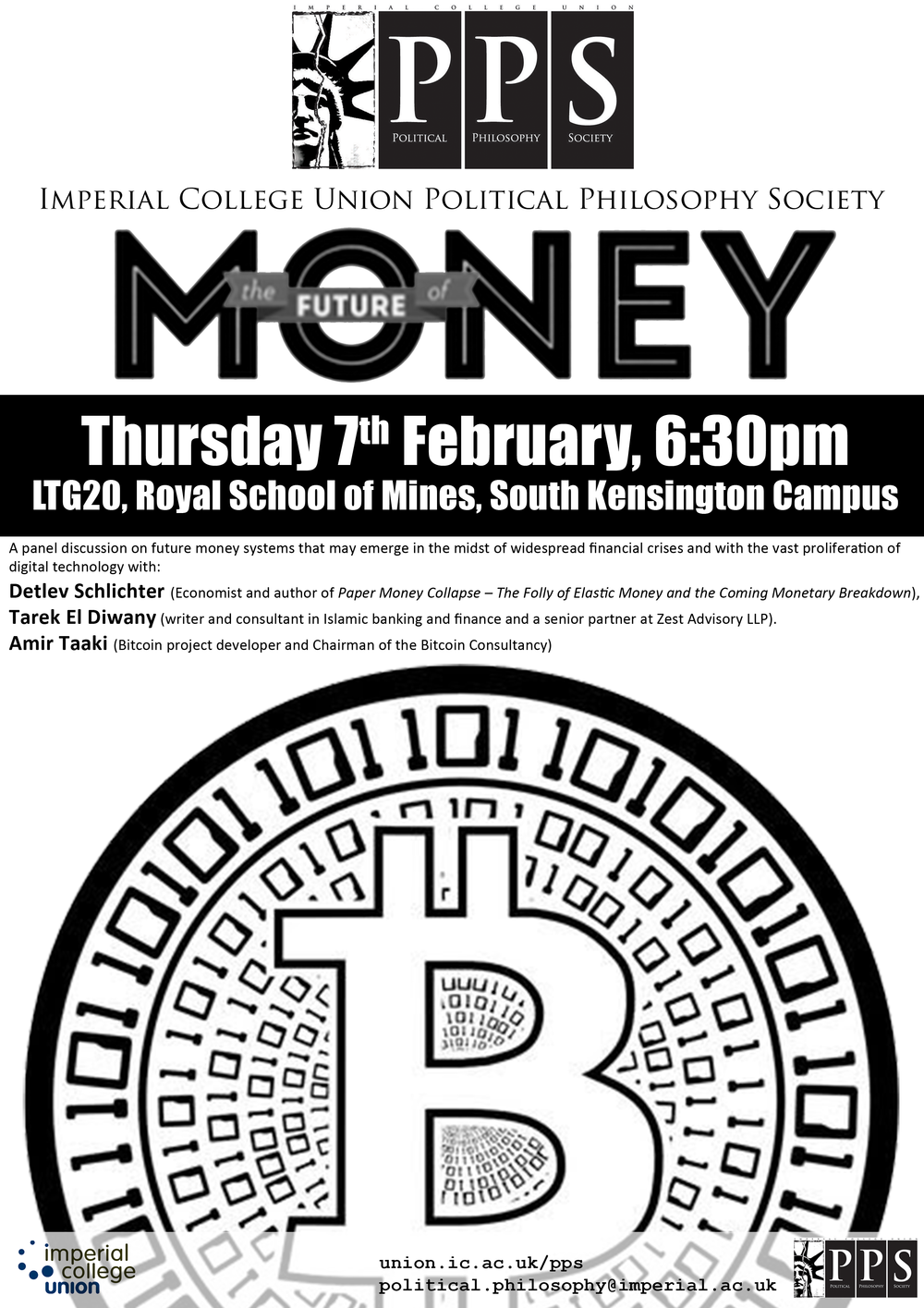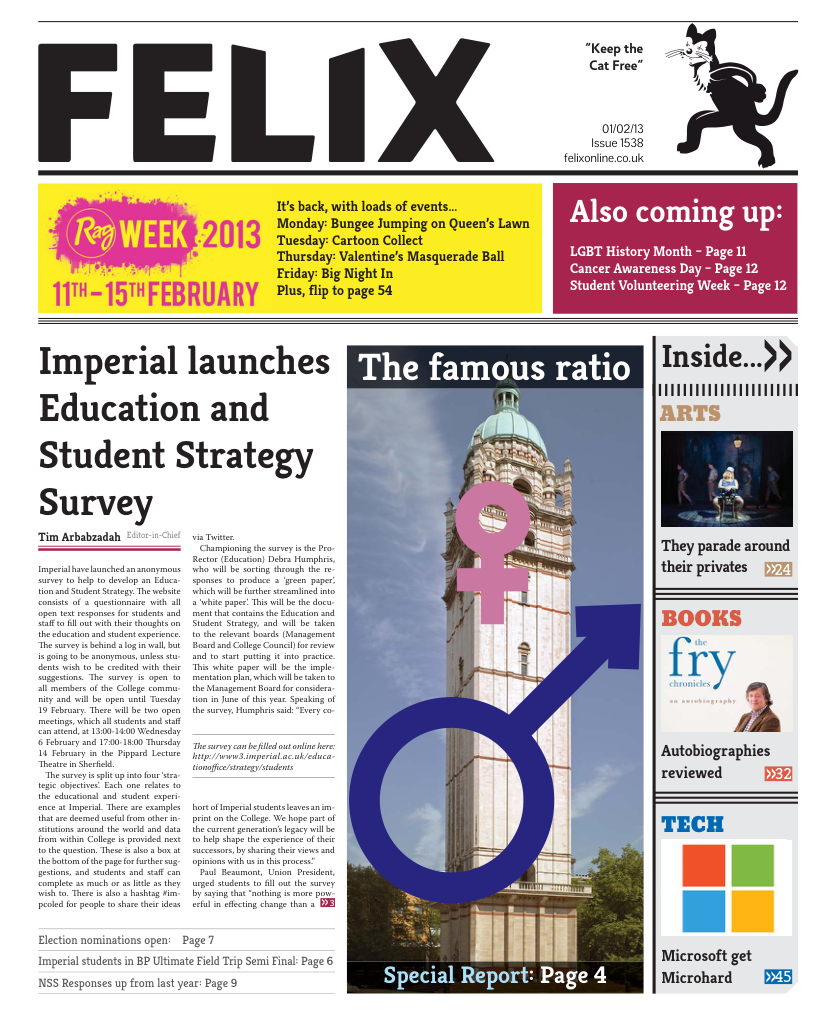Political Philosophy Society: Previous and Forthcoming Events
Richard Murphy on the Corporate Tax Scandal: Thinking with Portals. Now Yaqub Chaudhary lets you know what they have coming up this term

Last term the Political Philosophy Society invited Richard Murphy to speak about the furore amongst the public, media and politicians that arose as a reaction to news of the tax affairs of major corporations.
As a chartered accountant and economist, Richard Murphy, a founder of the Tax Justice Network and director of Tax Research, has been an instrumental figure in bringing to light almost every major corporate tax story at present and is a regular commentator in print and on the radio. He is also a prolific writer on his web log at taxresearch.org.uk.
The seminar was organised at the height of the scandal with new stories being released daily. The very week the seminar was organised, Bloomberg uncovered that Google avoided $2bn in worldwide taxes by moving $10bn to a Bermuda based entity. In addition to this, the Sunday Independent in Ireland found Google paid only 0.14% tax on sales of $62bn in seven years.
Other companies implicated in this brazen circumvention of taxation include Starbucks with sales of £3bn in 14 years which paid only £8.6m in corporation tax and Amazon with UK sales of £3.35bn in 2011 which only reported £1.8m in tax expenses.
The companies would all insist on full compliance with the laws through financial advice from the “Big Four” accounting firms. The response of Eric Schmidt, Google Chairman, was unapologetic saying that the company was proudly capitalistic and paid taxes in “legally prescribed ways”. Yet numerous MPs and commentators condemned these practices on the basis of morality. For example, Margaret Hodge of the public accounts committee said quite clearly, “We’re not accusing you of being illegal, we are accusing you of being immoral.”
Thus Richard Murphy was asked to address whetherthis really is a question of morality. Has Google been breaking its motto of “Don’t be evil”?
A full recording of the event is now available on the Political Philosophy website in which he begins by discussing why this is a significant issue now and the scale of the “tax gap” in relation to the UK deficit. He then addresses the question of legality and how companies avoid tax by undermining rules to prevent double taxation and finally, he presents his argument on why aggressive tax avoidance is unethical by considering the nature of the state and the power of legislation in enforcing property rights and the right to tax.
The next Political Philosophy Society event will be on Thursday 7th February at 6:30pm in RSM LTG20 on “The Future of Money”. A panel of invited speakers will discuss future money systems that may emerge in the midst of widespread financial crises and with the vast proliferation of digital technology. For example, will our fundamental conception of money be altered by the emergence of virtual currencies such as Bitcoin and as more transactions are completed electronically? Or will it be necessary to return to a money system based on the gold standard?
The three invited speakers are Detlev Schlichter (Economist and author of Paper Money Collapse – The Folly of Elastic Money and the Coming Monetary Breakdown), Tarek El Diwany (writer and consultant in Islamic banking and finance and a senior partner at Zest Advisory LLP) and Amir Taaki (Bitcoin project developer and Chairman of the Bitcoin Consultancy).
The PPS exists as a forum for discussion on a broad range of political and philosophical matters. Its aim is to encourage debate and discussion on campus that will lead to a better understanding of the world in general. It is a student led society and participation is very welcome. If you are interested in joining the committee or participating in some other way then please email political.philosophy@imperial.ac.uk for further information, or go to union.ic.ac.uk/pps.









